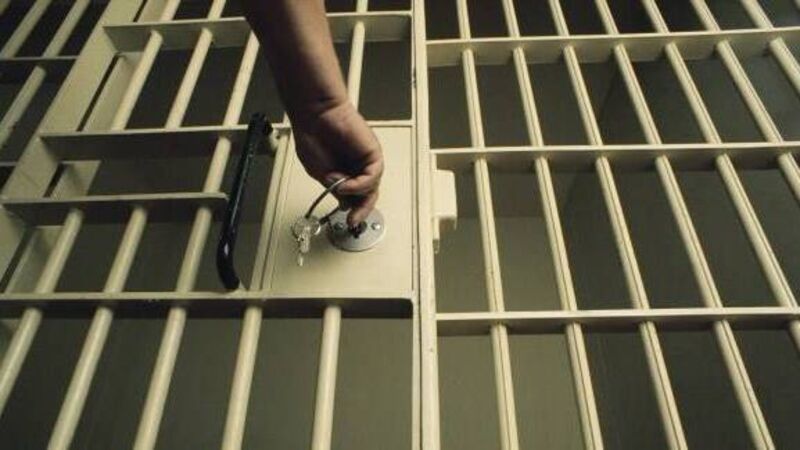Ireland facing EU court over rights of suspects and prisoners

Ireland is facing a legal action before the EU Court of Justice for failing to enact EU rules on the rights of suspects and prisoners in Irish law. Picture: File image
Ireland is facing a legal action before the Court of Justice of the EU over its failure to transpose EU rules on the rights of suspects and prisoners into Irish law.
The European Commission has initiated enforcement proceedings against the State over its failure to enact legislation in the Republic to give effect to two EU framework decisions.









